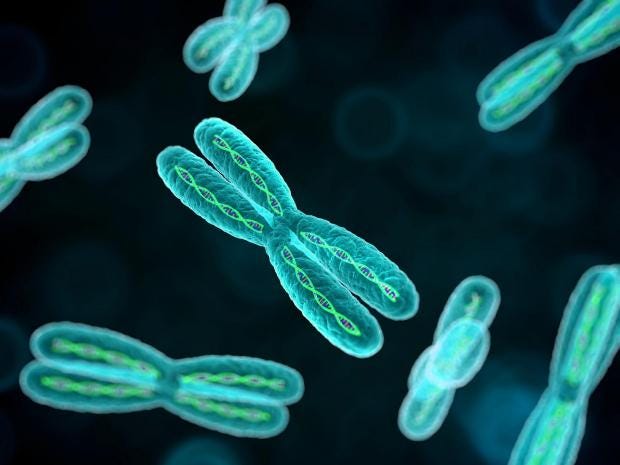The Elusive Recovery of Youthful Genes
"I'm not Ponce de Leon [16th Century Spanish explorer searching for the fabled Fountain of Youth]. We can at least stall or slow down accelerated aging, and that's what we're working toward."
"Our next steps are to start clinical use. We plan to do so by improving existing cell therapies. I want to develop a therapy for these children [with progeria]."
"When we lengthen telomeres, we can reverse a lot of the problems associated with aging."
"We were not expecting to see such a dramatic effect on the ability of the cells to proliferate. They could function and divide more normally, and we gave them extra lifespan, as well as better function."
"About a third of the people in this country succumb to strokes and heart attacks. If we can fix that, we'll fix a lot of diseases."
John Cooke, chair, cardiovascular sciences department, Houston Methodist Hospital Research Institute
 |
Children suffering from progeria, a (fortunately) very rare genetic disorder which causes disastrously rapid aging, has inspired Dr. Cooke and his colleagues to investigate the lifespan and function of human cells. That inspiration to help reverse a medical tragedy visited upon children through a wretched genetic inheritance causing their cells to age abnormally quickly, to the point where the average life expectancy of such stricken children is a mere thirteen years -- commonly dying of heart attack and stroke -- led researchers to a new discovery.
In a recently-published research letter in the Journal of the American College of Cardiology, Dr. Cooke along with his colleagues reported the development of a new technology capable of rejuvenating human cells in the laboratory. This finding raises the potential of treatment for an extended array of age-related diseases. With the use of cells taken from children with progeria, scientists from the Houston Methodist Research Institute made their discovery that could have a "dramatic effect" on cells' lifespan and function.
Telomeres, located at the end of chromosomes, were the focus of this research. Telomeres become shorter each time a cell divides, and when eventually the cell is unable to divide it dies, as the telomeres shorten to the point of disappearance. Shortening of cells is associated with aging; a dozen of the 17 progeria patients whose cells were under study exhibited shortened telomeres, equal in measure to those typically found in a healthy 69-year-old's cells.
 |
| Telomeres are found at the tip of each chromosome and are important for its function Getty |
The researchers prompted cells to produce a protein called telomerase, capable of lengthening the telomere, accomplished by delivering RNA to the cells encoding telomerase. While this technological feat was accomplished in cells in a laboratory petri dish, the challenge looms in discovering a protocol whereby the RNA might be delivered to a human. Using nano-particles to deliver the treatment is a possible option to deal with fragile, friable RNA.
A study published in 2010 in the journal Nature found a reversal in mice aging with telomerase-production-triggering. This finding comes up against other studies showing that as cells stimulated with telomerase replicate, an increased risk of cancer results. And, in fact, Telomerase is already available on the market of self-help drugs, in pill or liquid form. There is no evidence that this product is effective, as advertised to be.
"I'm a physician. I'm skeptical, and any new therapies have to undergo the rigour of a randomized clinical trial and be shown to be safe and effective", noted Dr. Cooke, resisting the notion that his research could be gathered together comparably with these over-the-counter, effectiveness-unproven treatments.
 |
Labels: Ageing, Bioscience, Disease, Health, Research

0 Comments:
Post a Comment
<< Home